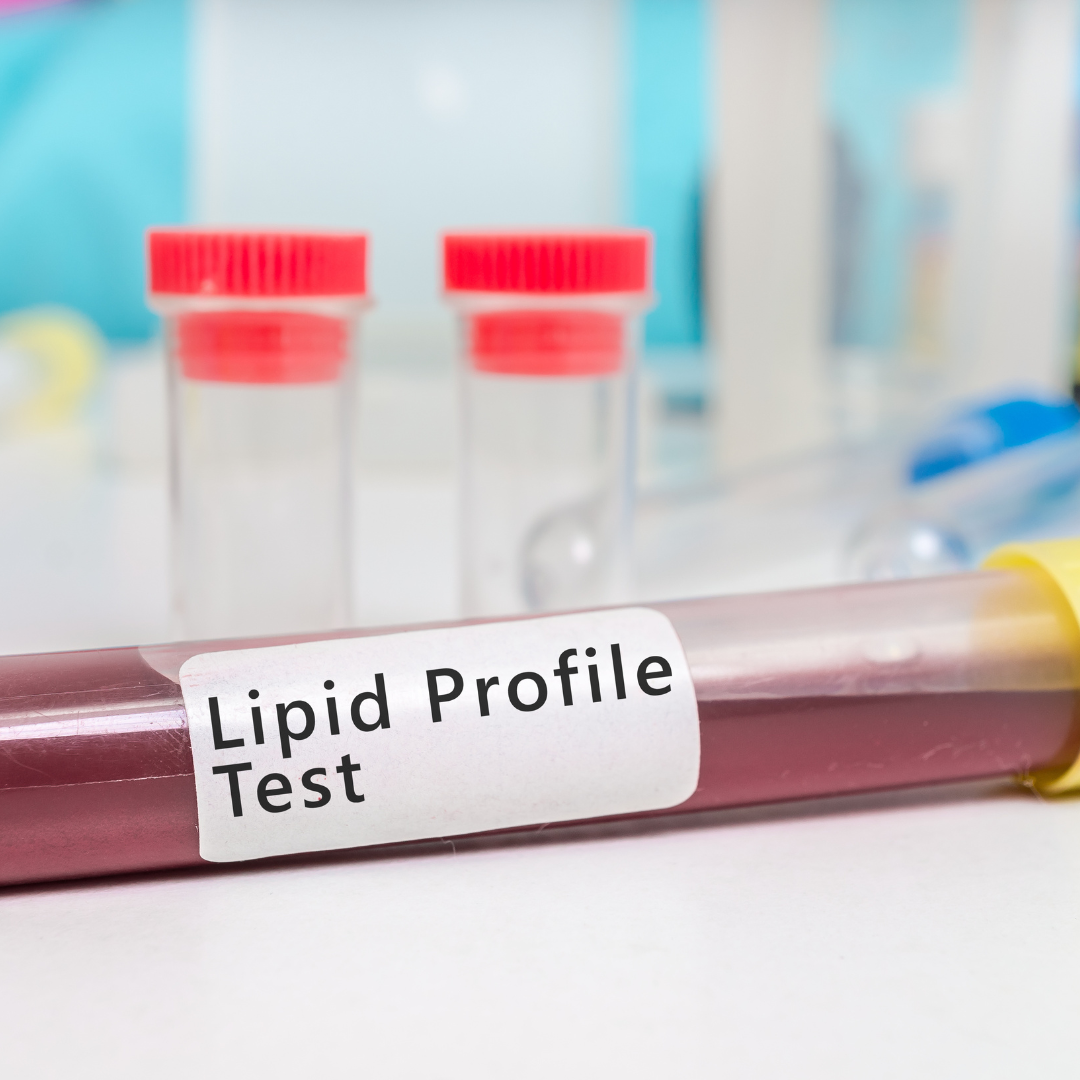If your lipidprofile results fall outside the target range, they may be categorized as borderline, intermediate, or high risk for cardiovascular issues. Generally, elevated levels of total cholesterol, LDL, and triglycerides, along with low levels of HDL, can increase your risk of cardiovascular disease.
Low Cholesterol Levels
Its rare to have abnormally low cholesterol levels. When it does occur, it is usually due to an underlying health condition causing malnutrition.
Should You Be Concerned?
If your lipid panel results show high levels of total cholesterol, LDL, or triglycerides, or low levels of HDL, it doesnt necessarily indicate a medical condition or the need for treatment. A healthy cholesterol range for you depends on various factors. Your healthcare provider will consider:
- Your age
- Your overall health
- Your medical history
- Your current medications
- Other cardiovascular risk factors
Providers often use a risk calculator incorporating these factors to determine if further tests or treatments are necessary. If you have questions about your results, don't hesitate to discuss them with your provider.
Next Steps for Abnormal Results
Theres no single treatment for abnormal cholesterol or triglyceride levels, as many factors contribute to cardiovascular disease. If your lipid panel results are abnormal, your healthcare provider may recommend one or more of the following actions:
- Continued lipid monitoring
- Lifestyle changes, such as modifying your diet or starting an exercise routine
- Starting a cholesterol-lowering medication
Each treatment plan is tailored to the individual based on their unique health profile.

Understanding Your Lipid Profile Results
Share
Understanding Your LipidProfile Results






